PNNL team develops new low-cost method to convert captured CO2 to methane
Green Car Congress
SEPTEMBER 3, 2021
Researchers at the Department of Energy’s Pacific Northwest National Laboratory have developed a new method to convert captured CO 2 into methane, the primary component of natural gas. Different methods for converting CO 2 into methane have long been known. A paper on the work is published in ChemSusChem.


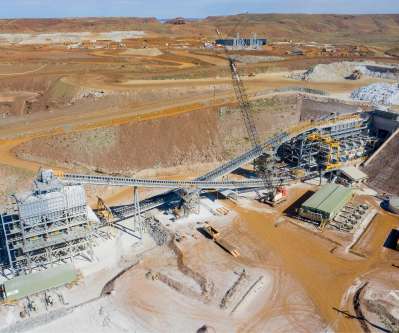




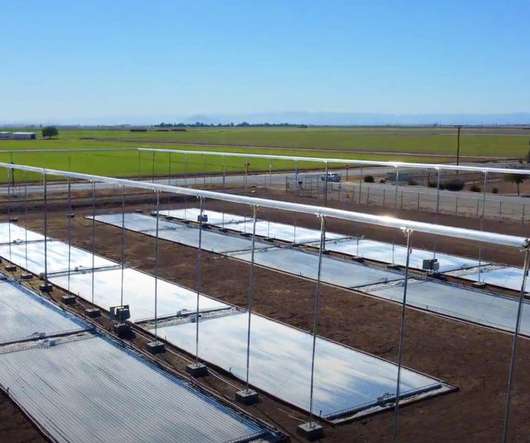



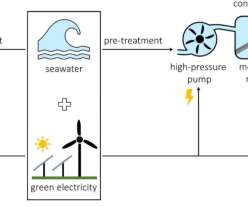








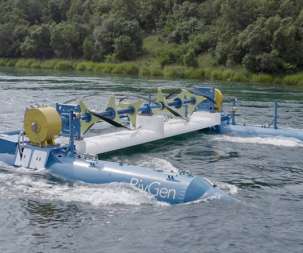









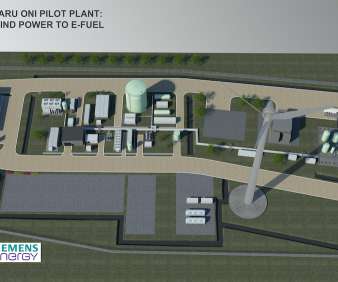












Let's personalize your content